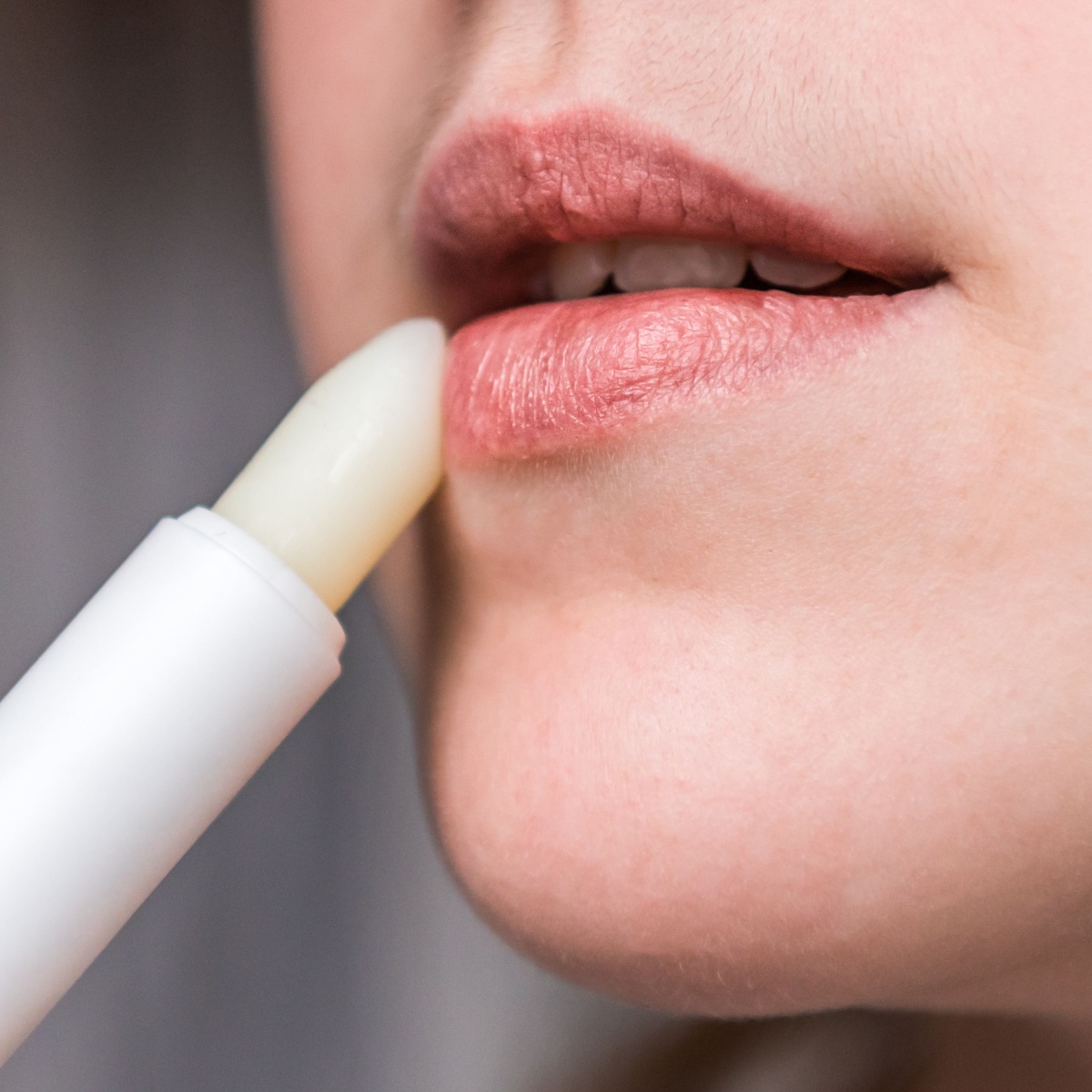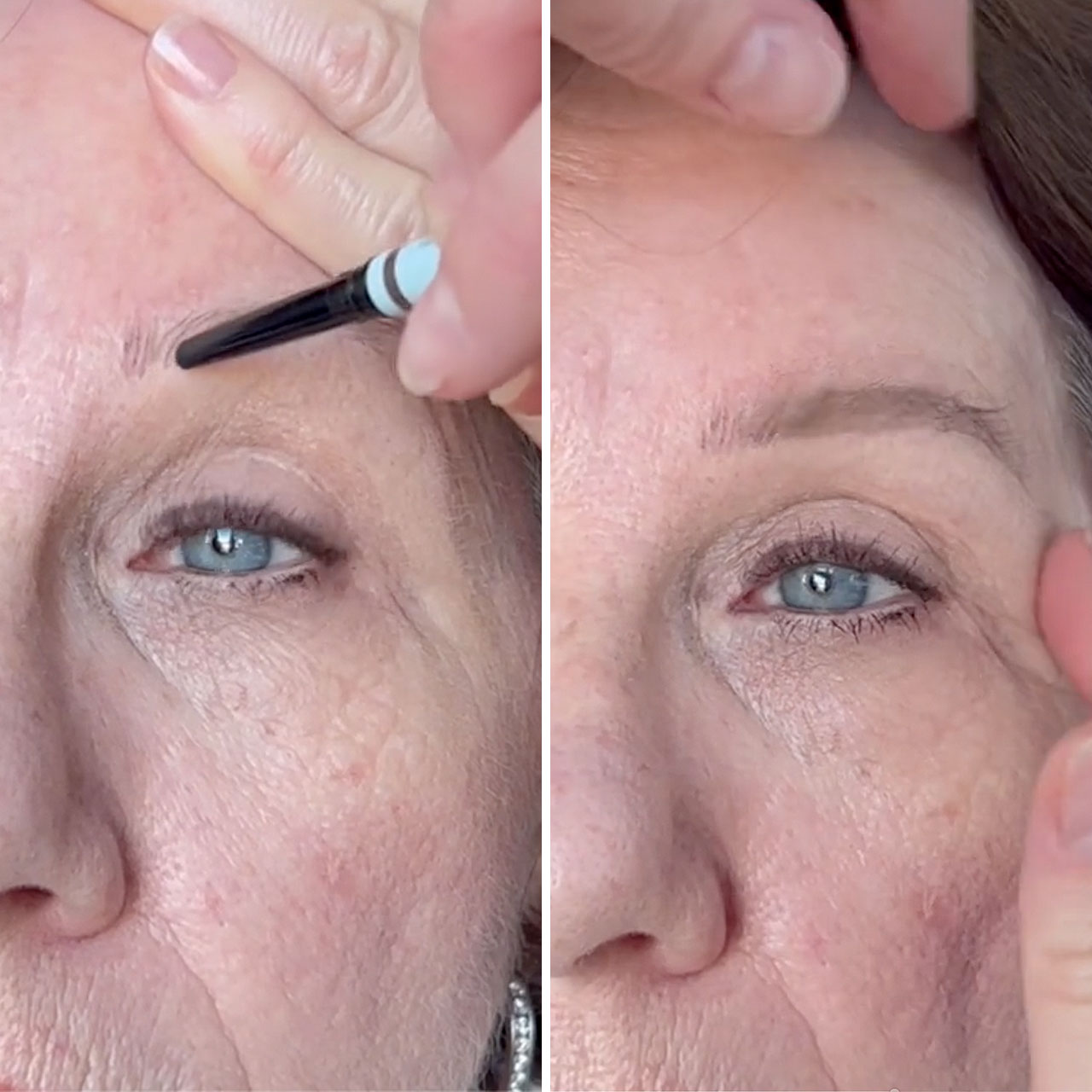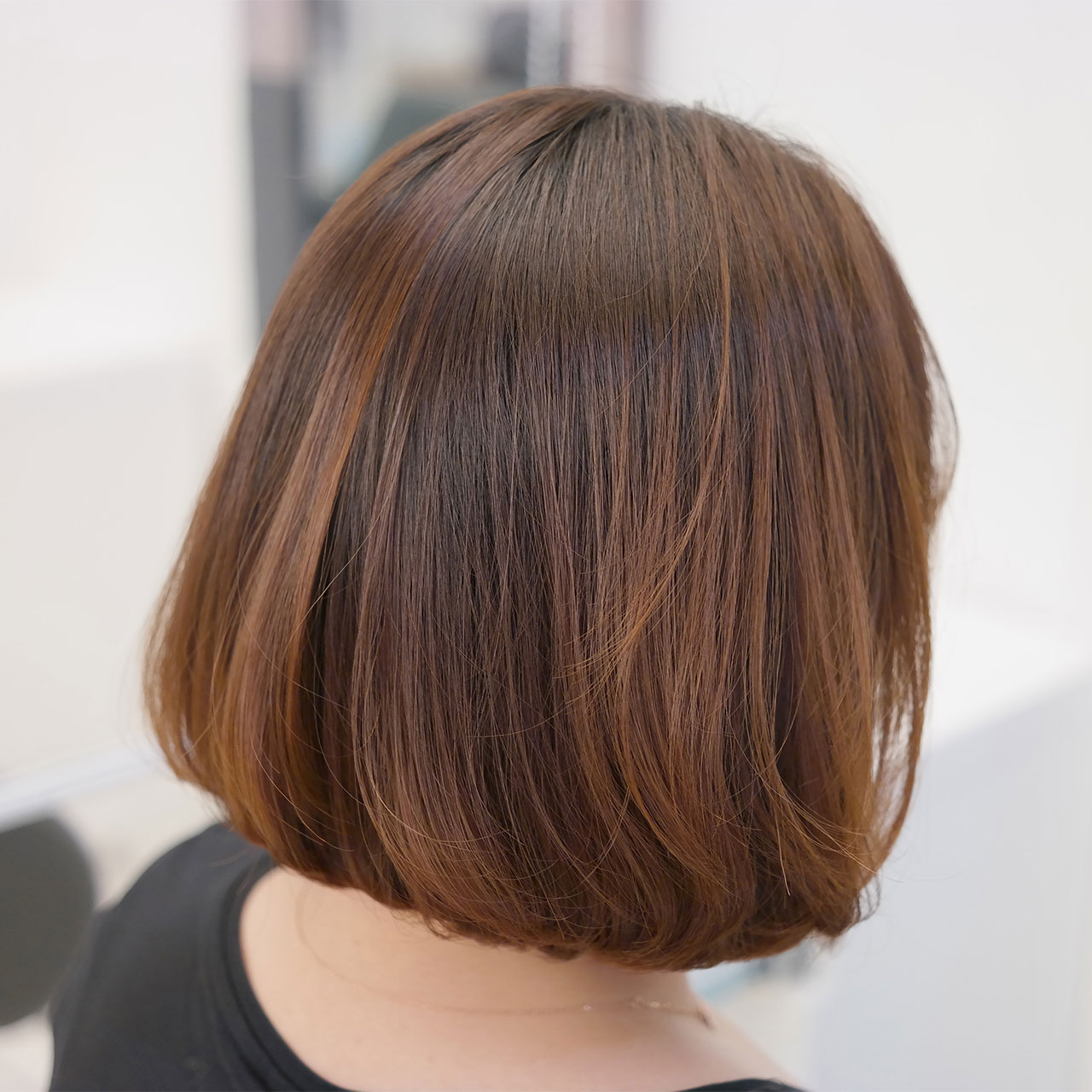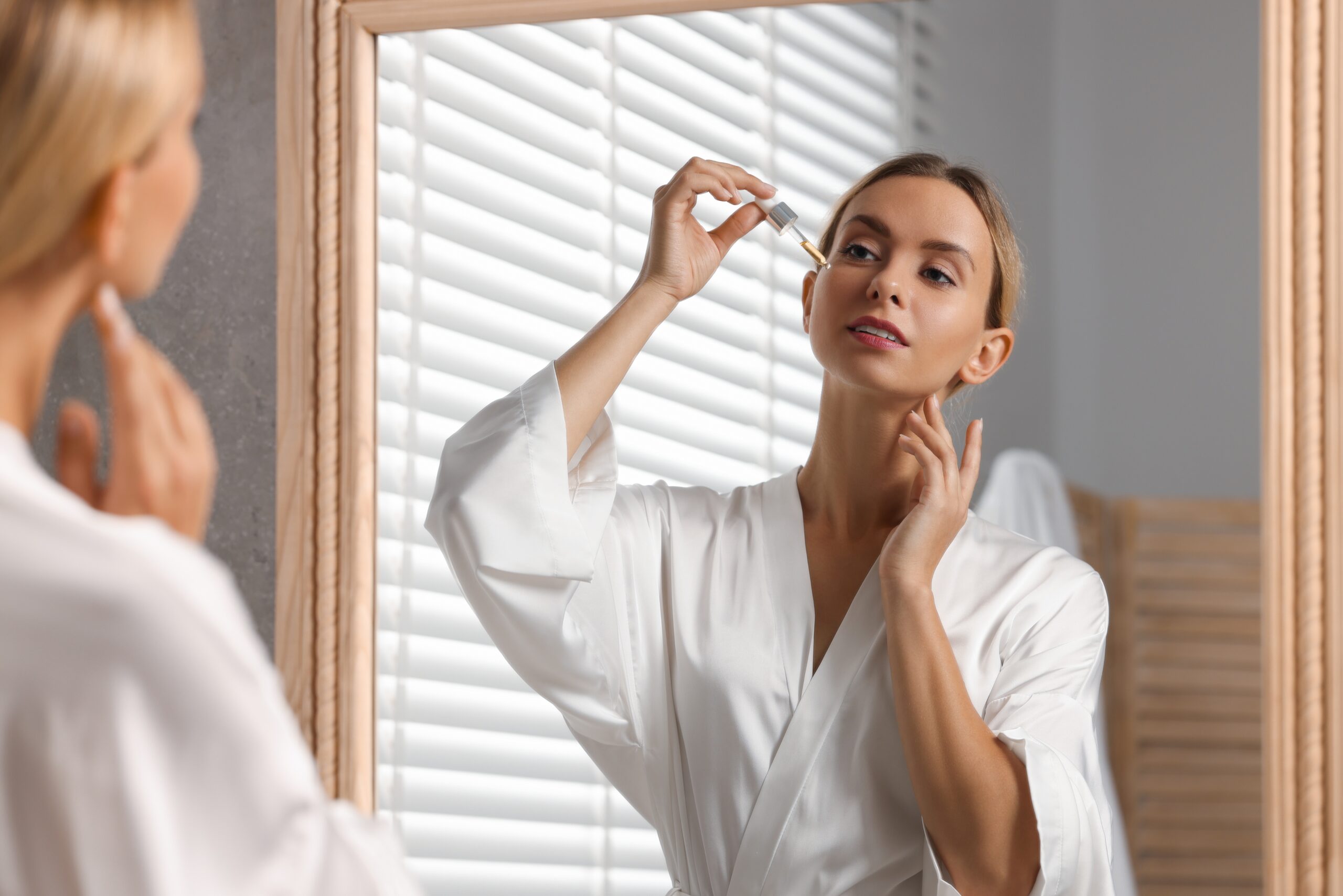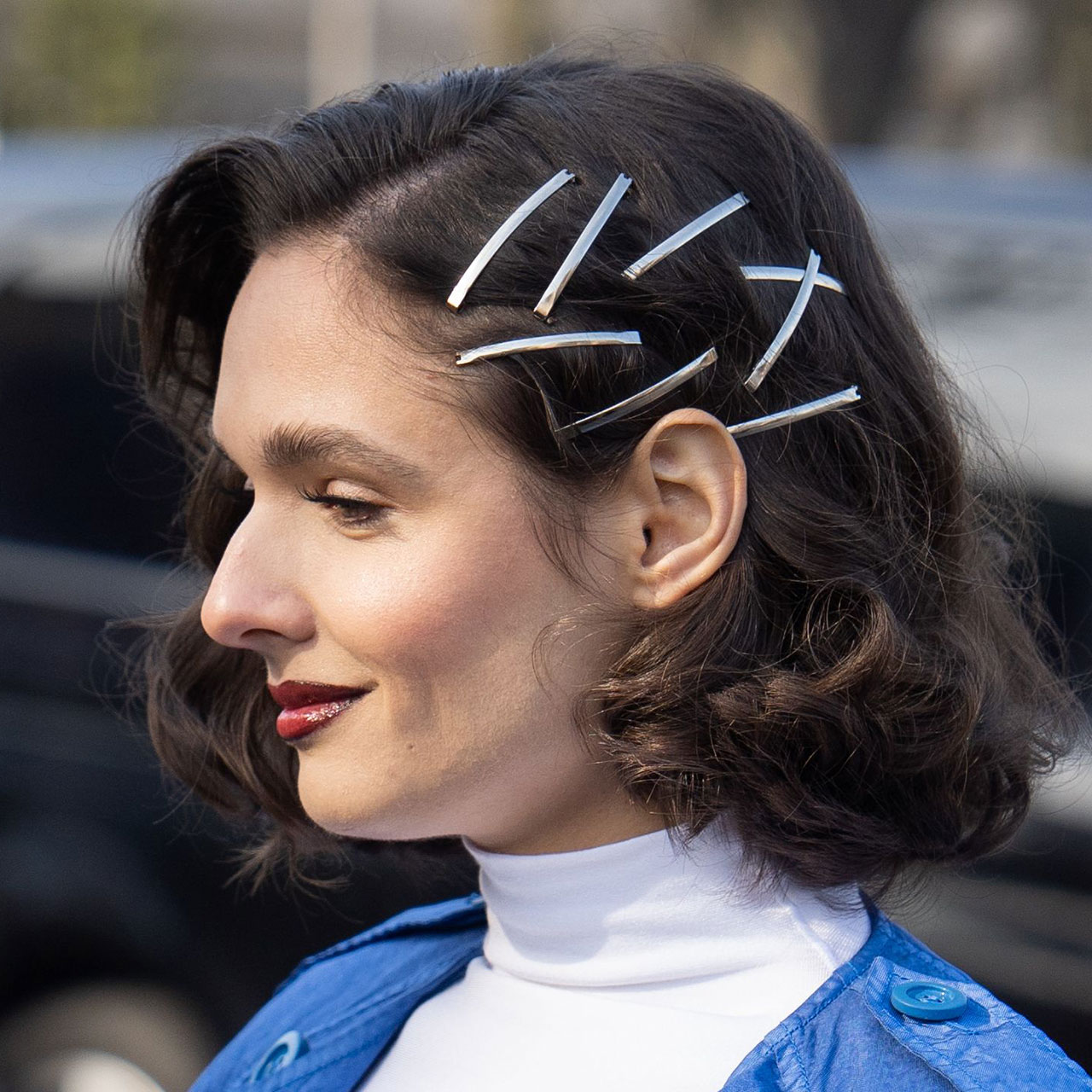This is an archived article and the information in the story may be outdated. Please check the time stamp on the story to see when it was updated last.
There's a common misconception out there: older age = graying hair. Of course, the older we get, the more likely we are to spot a white, silver, or gray strand here and there (and, eventually, everywhere). But the truth is: more women than you probably think begin to experience graying in their twenties and even in their teens. Everything from genetics and ethnicity to diet and lifestyle habits can contribute to premature graying. Here are 5 reasons why you can go gray years before the big 4-0.
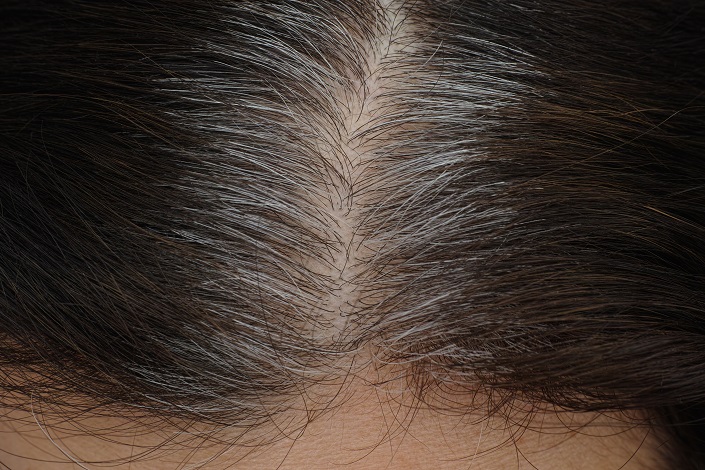
Genetics.
How we age is primarily attributed to our genes. And, when it comes to gray hair, the rate at which you begin to lose melanin in your hair follicles (which is responsible for your natural hair color) has a lot to do with the age in which your parents and grandparents went gray. While it isn't always the case, you're more likely to have gray hair at age 25 if your mom or grandparent experienced the same early change.

Ethnicity & gender.
The good news, for women, is that we typically begin to notice gray hair at age 35, while men start to see signs of silver at around age 30. But ethnicity can also affect how and when we turn gray. Caucasians tend to gray in their mid-thirties, while Asians typically gray in their late thirties and African-Americans usually do not gray until their forties, according to a 2011 study performed by The Dermatologist. Interestingly, ethnicity differences affect how premature graying is diagnosed: Caucasians who gray before their late teens are considered to be doing so prematurely, while African-Americans and Asians who spot grays before age 30 are described as having premature graying hair.
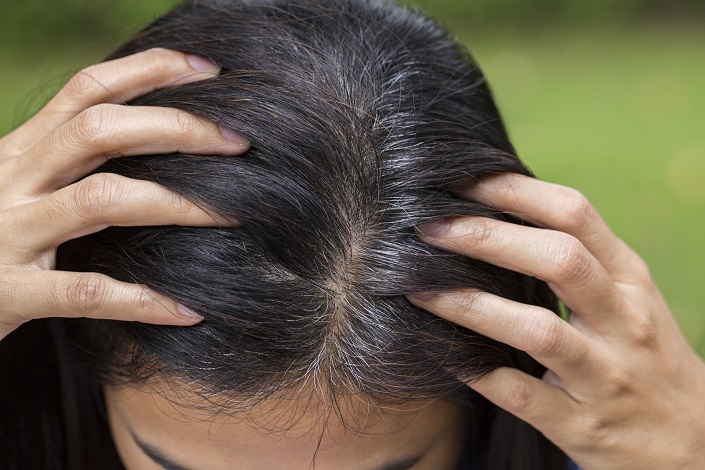
Nutrition & health problems.
Poor nutrition can contribute to premature gray hair. Deficiencies in vitamin B-12, as well as a lack of protein, vitiligo, anemia, and thyroid and pituitary gland problems have all been attributed to early grays. If you suspect you are going gray too fast because of a health issue, visit your doctor. In some instances, the problem can be reversed — and so can your grays.

Smoking.
Yet another reason to quit your cigarette addiction: a study published in the National Center for Biotechnology Information in 2010 found that regular smokers are two and a half times more likely to develop premature gray hair than non-smokers. Got a pack of cigs in your home? Toss 'em!

Stress.
This is a controversial point because, although there is no direct link to prove stress leads to gray hair, many scientists still posit that it's entirely possible our anxiety could play a role in gradual graying. Stress hormones may disrupt the activity of melanocytes, which (once depleted) strip hair of its natural pigment. This certainly would explain why so many new moms and presidents seem to go gray overnight as they tackle more responsibilities and stress. But, again, take this one with a grain of salt--though it never hurt anyone to meditate, exercise, and find other ways of reducing their stress levels.








